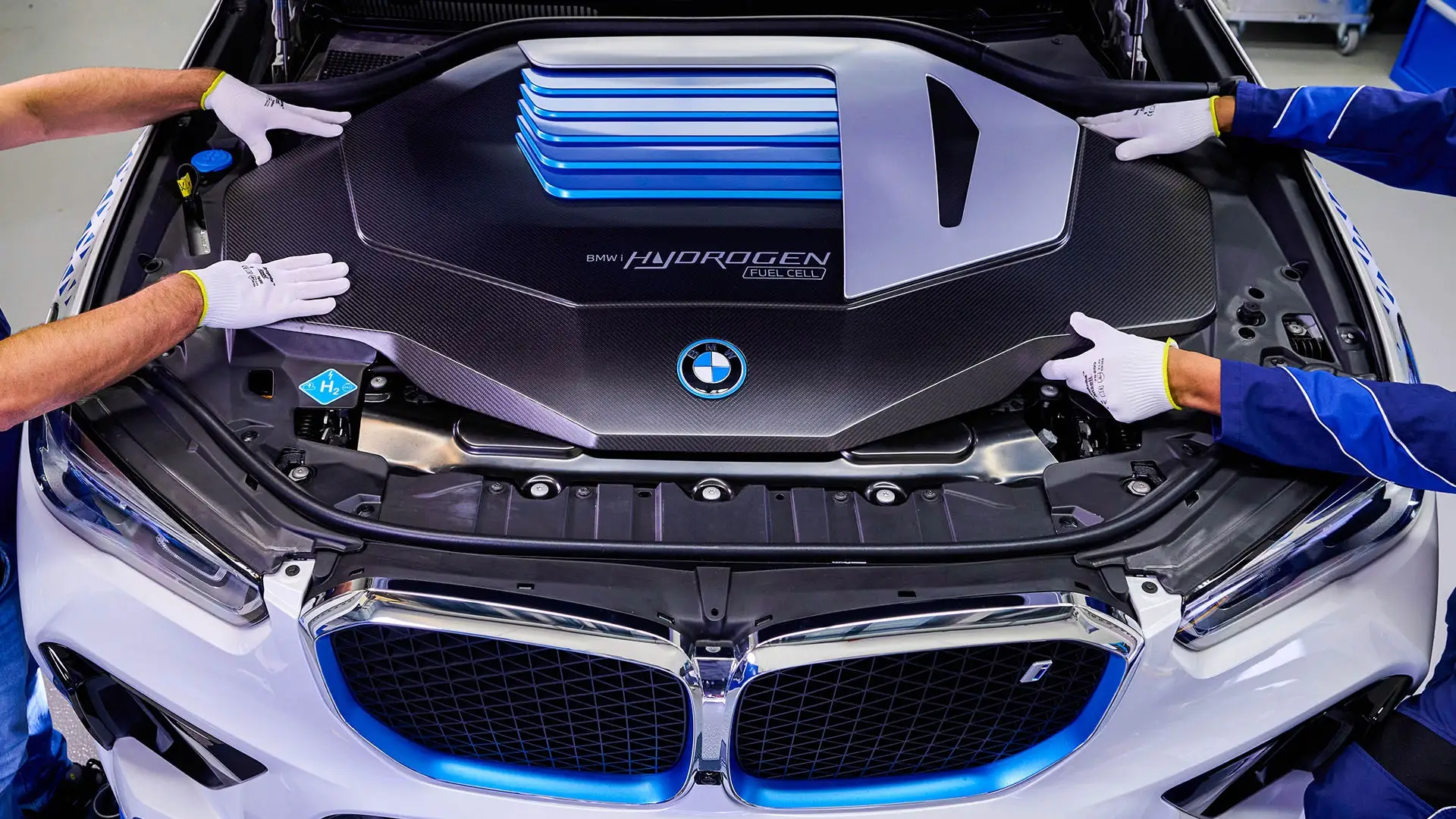BMW’s innovative move toward hydrogen-powered vehicles could redefine the future of sustainable mobility, offering an alternative that combines efficiency with environmental responsibility.
Key Points at a Glance
- Hydrogen Advantage: Hydrogen-powered vehicles produce only water vapor, offering zero emissions and fast refueling times.
- BMW’s Vision: The automaker plans to release its first hydrogen fuel cell electric vehicle by 2028.
- Collaboration with Toyota: BMW and Toyota are partnering to develop cutting-edge fuel cell technology.
- Future of Mobility: Hydrogen vehicles may complement electric vehicles, addressing needs in long-range and heavy-duty applications.
BMW has consistently been a pioneer in automotive innovation, and its latest exploration into hydrogen-powered vehicles further cements its commitment to sustainable mobility. As the global automotive industry increasingly shifts toward eco-friendly solutions, BMW’s hydrogen initiative aims to reduce carbon emissions while addressing challenges like range and refueling efficiency. This forward-thinking approach positions the company as a key player in shaping the future of transportation.
While electric vehicles (EVs) dominate discussions about sustainable transportation, hydrogen-powered vehicles are carving a niche as a viable alternative. These vehicles utilize fuel cells to convert hydrogen gas into electricity, producing only water vapor as a byproduct. This zero-emission feature makes hydrogen vehicles an environmentally friendly choice.
One of hydrogen’s most compelling advantages is its rapid refueling time. Unlike EVs, which require extended charging periods, hydrogen vehicles can refuel in mere minutes. This efficiency provides a level of convenience similar to traditional internal combustion engines, making hydrogen an attractive option for consumers prioritizing speed and practicality.
Additionally, hydrogen vehicles often boast longer driving ranges than many electric models. This characteristic is particularly beneficial for long-distance travel and heavy-duty applications like trucking and public transportation. As the hydrogen infrastructure expands, the integration of this technology alongside electric vehicles could create a more versatile and comprehensive approach to sustainable mobility.
BMW is preparing to introduce its first-ever fuel cell electric vehicle by 2028. This milestone represents a significant step in the company’s journey toward a more sustainable automotive future. To achieve this ambitious goal, BMW has partnered with Toyota, leveraging their combined expertise to develop next-generation fuel cell technology.
“This is a milestone in automotive history: the first-ever series production fuel cell vehicle to be offered by a global premium manufacturer,” said Oliver Zipse, Chairman of the Board of Management of BMW AG. “Powered by hydrogen and driven by the spirit of our cooperation, it will underscore how technological progress is shaping future mobility.”
The collaboration aims to deliver hydrogen-powered vehicles for both passenger and commercial use. By pooling resources and technological insights, the partnership seeks to make fuel cell technology more affordable and accessible to consumers. Each brand will maintain its unique identity while benefiting from shared advancements, ensuring that hydrogen mobility becomes a practical reality.
As the world embraces sustainability, hydrogen-powered vehicles are gaining momentum as an integral part of clean transportation solutions. Their zero emissions, combined with faster refueling times and the ability to address the limitations of EVs in long-range and high-demand scenarios, make them a compelling alternative.
Automakers worldwide are increasing investments in hydrogen technology, further diversifying their offerings to meet a variety of consumer needs. Improved infrastructure and technological advancements are paving the way for hydrogen to complement electric solutions, creating a robust ecosystem for future mobility.
BMW’s commitment to hydrogen-powered vehicles exemplifies the industry’s dedication to innovation and sustainability. By combining hydrogen’s potential with their legacy of automotive excellence, BMW and its partners are poised to lead the charge in redefining transportation for a greener tomorrow.
